Implementing these recommendations will enable Ghana to build a sustainable agricultural insurance system that mitigates risks and promotes economic resilience. A robust legal framework combined with public and private sector engagement will create an enabling environment for insurance uptake. By integrating insurance with other support mechanisms, farmers will gain greater protection against climatic and financial risks. This transformation will not only enhance food security but also position Ghana as a leader in agricultural risk management in the region.
— Ghana —
resilience. innovation. sustainability.
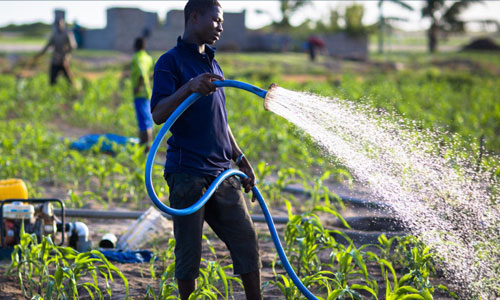
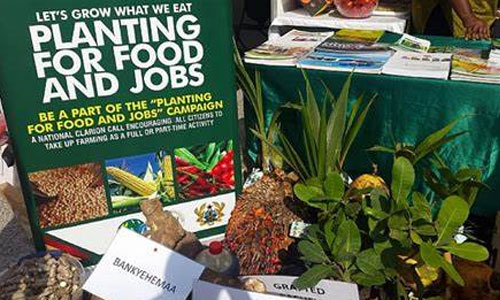
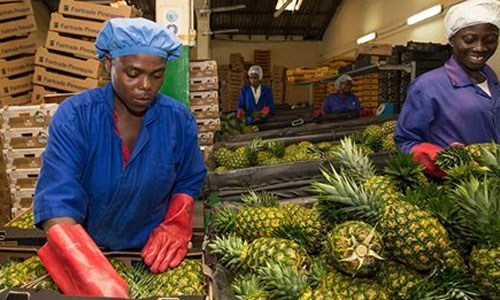
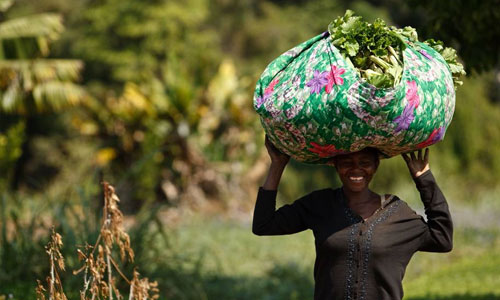
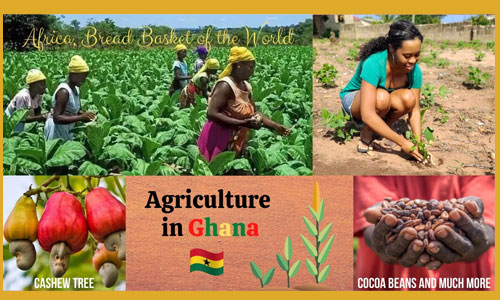
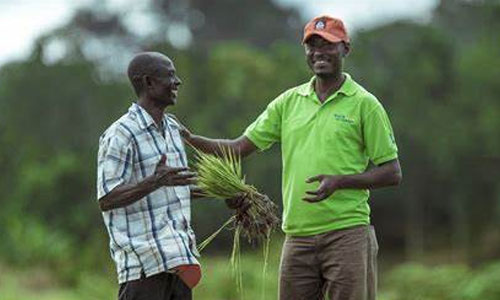
Advancing Agricultural Insurance in Ghana: A Strategic Framework for Risk Mitigation
"Insurance is more than just a safety net; it’s a vital tool for fostering agricultural resilience and securing livelihoods." – USAID FinGAP
Challenge
Agriculture is a vital sector in Ghana, contributing approximately 54% of the GDP and employing about 51% of the labor force. However, the sector faces significant risks from climatic hazards such as drought, flooding, pests, diseases, and bushfires. Despite the importance of agriculture, Ghana lacks a robust insurance framework to protect farmers against these threats. Since its establishment in 2011, the Ghana Agriculture Insurance Pool (GAIP) has introduced some insurance products, including weather index and multi-peril crop insurance. However, these efforts have been limited in scope and impact due to challenges such as the absence of dedicated funding, low farmer awareness, inadequate data infrastructure, and lack of specialized expertise. Recognizing the critical need for a structured approach to agricultural insurance, USAID financed a comprehensive project to assess the current framework and propose practical solutions.
Strategy
The USAID-funded project, led by GG International’s Thematic Leader of the Insurance Finance and Risk team, conducted an extensive analysis of agricultural insurance systems worldwide, focusing on successful models and identifying best practices. The study produced several key recommendations aimed at enhancing Ghana’s insurance landscape:
- Developing a Robust Legal Framework: Establish a clear legal structure to regulate agricultural insurance, encouraging private sector participation and public-private partnerships.
- Strengthening Institutional Capacity: Equip GAIP with specialized personnel and increase its funding base to support sustainable operations. A minimum capital investment of $5 million over five years is recommended to enhance financial stability.
- Enhancing Data Infrastructure: Improve the quality and availability of weather and crop data to support accurate risk assessment and product development.
- Promoting Awareness and Education: Educate farmers on the benefits of agricultural insurance through targeted campaigns and capacity-building programs.
- Bundling Insurance with Other Support: Integrate crop insurance with financial credit, seeds, fertilizers, and marketing assistance to address farmers’ broader needs and enhance adoption.
- Public-Private Collaboration: : Develop a strategic partnership between government, financial institutions, insurance companies, and international donors to foster an enabling environment for insurance adoption.